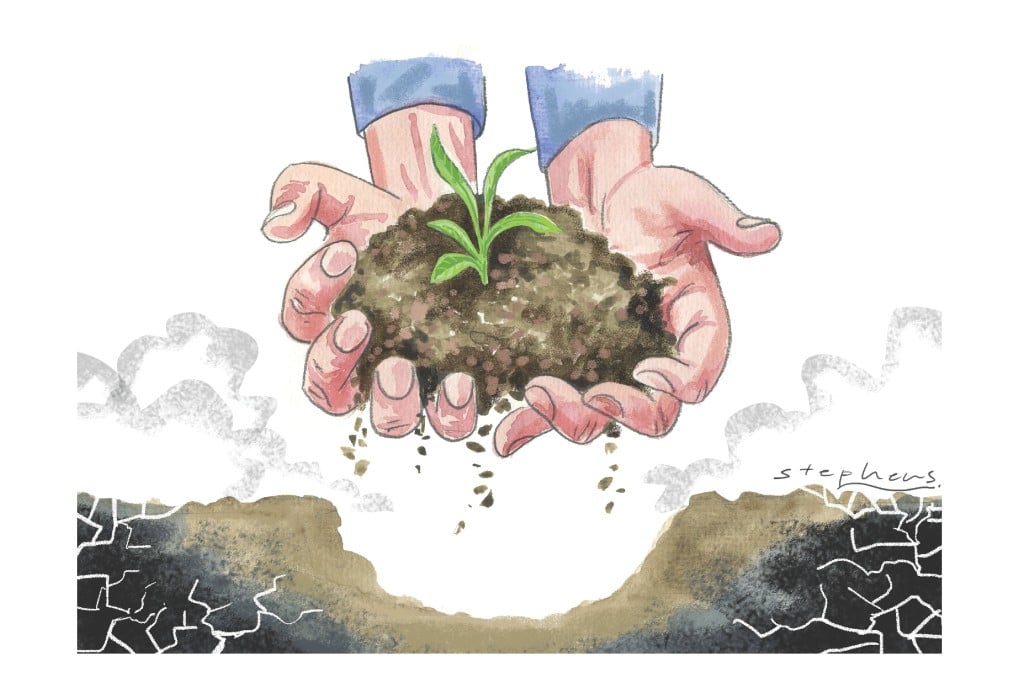No quick fix for China's polluted soil
Ada Kong says China's soil pollution problem has global ramifications and needs action at a regional level rather than through an overarching national approach

China showed the world that it can turn grey smog into blue sky like magic last November when Beijing hosted the Asia-Pacific Economic Cooperation forum. Unlike air pollution, however, there are no quick-fixes for soil pollution.
Soils not only produce food, they filter water and store carbon; they are the cradle of life. Moreover, with 10cm of topsoil taking more than 2,000 years to form, soils are a non-renewable resource. The importance of the issue of soil pollution has been noted by the UN, which has marked 2015 as the International Year of Soils. Meanwhile, Global Soil Week was held last month in Berlin to raise public awareness and promote international collaboration.
In China, a recent national survey found that nearly one-fifth of arable land is polluted. With the largest food consumption in the world, China has every reason to take more progressive approaches to save its soils.
Since the 2013 cadmium rice scandal, in which 44 per cent of rice samples from Guangdong province were found to be contaminated with the carcinogenic metal element, debates on food safety and soil quality have received renewed attention, and the government has been forced to respond.
In 2014, the Ministry of Environmental Protection and Ministry of Land and Resources released a report on a national survey of soil conditions. It showed that 19.4 per cent of farmland has been polluted, an area larger than Britain, with lead and cadmium being the most common pollutants. China is on the verge of losing enough arable land to supply food for its own people.
In 2011, the Ministry of Environmental Protection issued a five-year plan which set goals to reduce heavy metal emissions by 15 per cent of 2007 levels by the end of 2015. While the full document is still a state secret, to many people's surprise, last December the ministry released a statement which named five provinces - Yunnan , Hunan , Inner Mongolia , Guizhou and Shaanxi - that are falling behind on their targets. We can expect tighter restrictions on the major industries emitting heavy metals, such as the smelting and mining of non-ferrous metals and electroplating.
The ministry has also, in recent years, been drafting, but has yet to enact, a number of laws and regulations related to soil pollution and heavy metals. A national soil pollution prevention law is rumoured to be set for release by 2017. In January, several statements stressed the importance of soil protection policies since 2008, and two sets of soil quality standards were recently revised for public consultation. Moreover, the very first soil-specific national strategy, the Clean Soil Action Plan (nicknamed the "10 Soil Statements") is expected to be released by the end of the year.